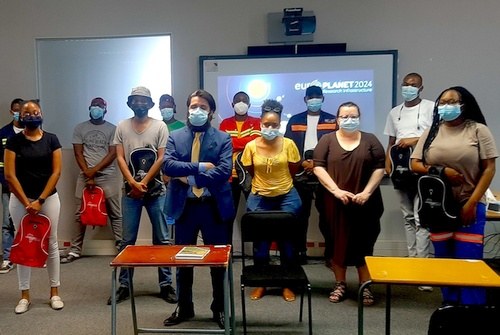After three years of Covid-19, the time has come to change the strategy: with vaccinations now in their fourth dose and over a hundred different variants, it is time to take stock and look to the future with fresh eyes: “The Covid problem has been solved in different ways”, said virologist Francesco Bercolo of University of Salento to ANSA. “A paradigm shift is needed, particularly with regard to vaccinations and the many variants of SARS-CoV-2, in order to successfully support the fight against an epidemic that, in fact, remains a pandemic.”
“It is now clear, for example, that the vaccine is particularly necessary for the elderly and the frail, because it protects against serious forms of the disease and not against infection. Now the question of booster injections also opens up and – he continues – approached with great caution, just as the concept of prolonged vaccination must be evaluated Carefully “. For example, recent studies, which were conducted on mice, indicate that after the fourth dose of the homologous vaccine, that is, based on the same viral protein, an immunity tolerance is formed, both for the humoral, which leads to the production of antibodies, and for the cell-mediated, which protects against disease. The risk, he notes, is that there is a negative effect, meaning that protection against infection or against disease is not obtained. Recent data from the Instituto Superiore di Sanità also show that after the third dose the vaccinated becomes more contagious.” To avoid this risk, he adds, “the number of boosters must be reduced and subsequent boosters implemented, when really necessary, using heterogeneous vaccines, that is, based on proteins different from those previous”.
Besides vaccines, medicines should not be forgotten, “currently they are little used not only in countries where the virus is most prevalent, such as China, but also in Italy”. Also in order to monitor variants, according to the virologist, “new approaches are needed, in the sense that the question we must ask ourselves every time we have a new variant is not whether it will replace the previous one, because it is clear that it will replace it, but what If it is more virulent. For this reason – he notes – it is necessary to sequence virus samples taken from patients with severe forms of Covid-19.
It is also important to bear in mind that “new variants are everywhere: they do not only come from China. At this moment it will be important, for example, to keep attention also high towards the United States, where sub-variants of Omicron are pushing both XBB and XBB .1.5 Cases and hospitalizations curve upward,” Broccolo notes. “Even in the past, airport testing has not proven to be an effective measure in limiting the spread of the virus and its variants, especially if it is conducted by only a few countries. A complementary method – he notes – could be the sampling of aircraft sewage: it would be We thus have a more representative sample of the variables in circulation and where they come from.”

“Infuriatingly humble social media buff. Twitter advocate. Writer. Internet nerd.”



